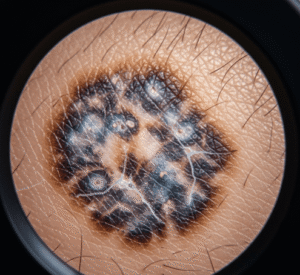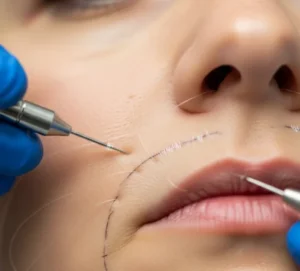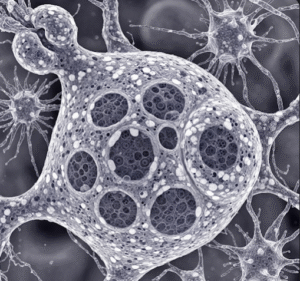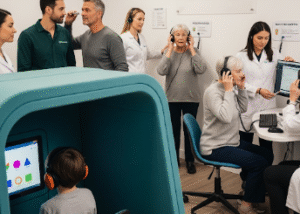Overview
Convulsions, also known as seizures, are sudden, uncontrolled electrical disturbances in the brain that can cause changes in behavior, movements, feelings, or consciousness. They may occur as a symptom of epilepsy or as a result of other medical conditions. While some convulsions are brief and harmless, others can indicate serious underlying health issues requiring immediate attention.
What is Convulsion?
A convulsion is an episode of involuntary muscle contractions caused by abnormal brain activity. Convulsions can manifest as generalized tonic-clonic movements affecting the entire body or as focal seizures affecting only a part of the body. They can occur in individuals of any age, from infants to the elderly.
Symptoms
- Sudden stiffening of the body (tonic phase)
- Jerking movements (clonic phase)
- Loss of consciousness or awareness
- Drooling or frothing at the mouth
- Incontinence (loss of bladder or bowel control)
- Confusion or drowsiness after the episode (postictal state)
- Unusual sensations, such as tingling or visual changes (in focal seizures)
Causes
- Epilepsy
- High fever (febrile seizures, especially in children)
- Head trauma or brain injury
- Stroke or transient ischemic attack
- Brain infections (e.g., meningitis, encephalitis)
- Metabolic disturbances (low blood sugar, electrolyte imbalance)
- Toxins or drug overdose
Risk Factors
- Family history of epilepsy or seizures
- Brain malformations or previous neurological conditions
- Severe head injuries
- Stroke or cerebrovascular diseases
- Certain infections affecting the brain
- Alcohol or drug misuse
Complications
- Physical injuries during seizures (falls, burns, accidents)
- Status epilepticus (seizures lasting longer than 5 minutes; medical emergency)
- Aspiration or choking during convulsions
- Emotional and social impacts, including anxiety and depression
- Long-term neurological damage in recurrent or uncontrolled seizures
Prevention
- Adhere to prescribed anti-seizure medications
- Avoid known seizure triggers (sleep deprivation, stress, flashing lights)
- Treat underlying health conditions
- Maintain proper hydration and nutrition
- Regular medical follow-up for high-risk individuals
Treatment Options in Korea
South Korea provides comprehensive care for convulsions, including neurological evaluation, advanced imaging, and multidisciplinary management.
- Diagnosis
- Electroencephalogram (EEG) to monitor brain activity
- MRI or CT scans to detect structural brain abnormalities
- Blood tests to identify metabolic causes
- Video-EEG monitoring for complex cases
- Medical Management
- Antiepileptic medications (e.g., levetiracetam, valproate, carbamazepine)
- Treatment of underlying conditions (infections, metabolic disturbances)
- Emergency care for status epilepticus with intravenous medications
- Surgical and Interventional Approaches
- Epilepsy surgery for drug-resistant seizures
- Vagus nerve stimulation (VNS) therapy
- Responsive neurostimulation (RNS) for select patients
- Lifestyle and Supportive Care
- Safety measures at home and work to prevent injury
- Counseling and support groups for patients and families
- Regular monitoring and follow-up at specialized neurology centers













